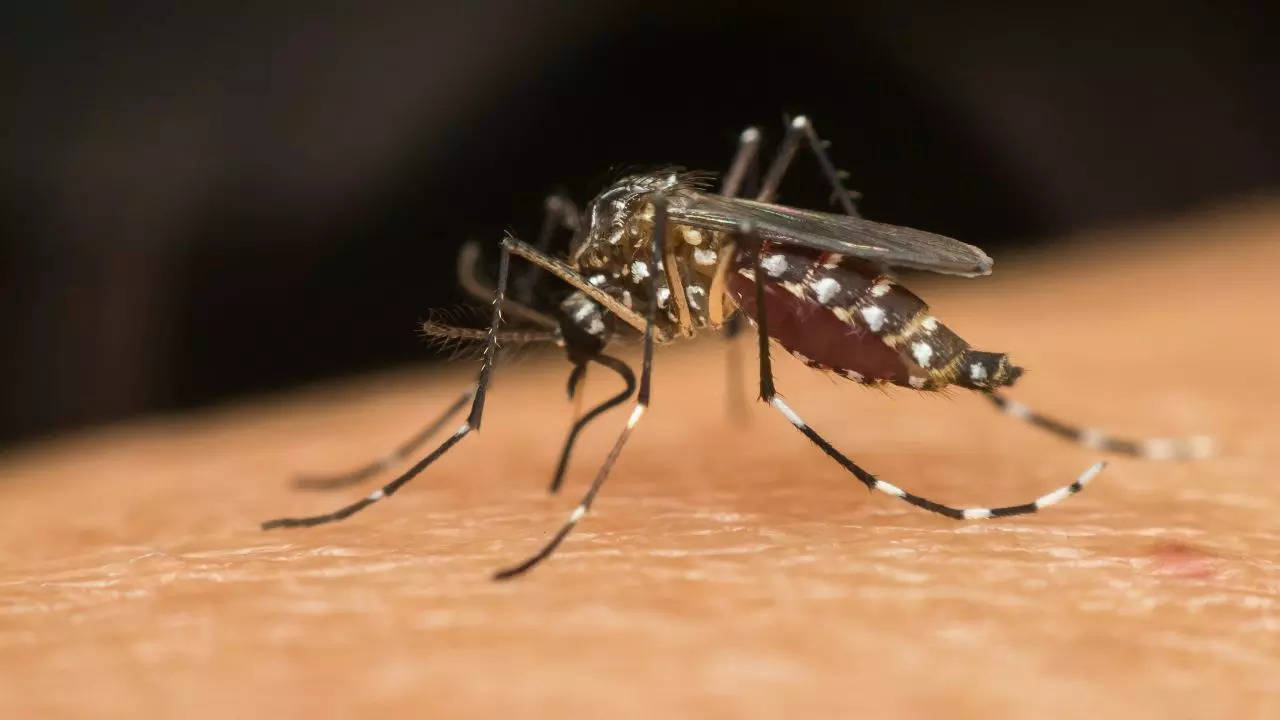Europe Sees Surge In Dengue Cases
Europe has been witnessing a significant rise in dengue and other mosquito-borne diseases. The EU’s health agency said that due to climate change, warmer conditions have led to the spread of mosquito-borne disease. European Centre for Disease Prevention and Control (ECDC) said that in 2023, 130 locally acquired cases of dengue were reported in the region comprising the European Union (EU) plus Iceland, Liechtenstein and Norway (EEA), compared to 71 in 2022.
This was a “significant increase” from the 2010-2021 period when the number for the entire period was 73. ECDC director Andrea Ammon said, “Europe is already seeing how climate change is creating more favourable conditions for invasive mosquitos to spread into previously unaffected areas and infect more people with diseases such as dengue.
“What we can see is that there is a connection between a higher temperature in summer, a milder winter and the spread of the mosquitos further in areas where they are not present right now.”
Symptoms of Dengue
There are no treatments or cure for dengue. Therefore, it is important that you seek medical advice when you start to see the early symptoms; high fever being one of them. Here, take a look at some of the common signs of dengue.
- High Fever: Sudden onset of high fever, often reaching up to 104°F (40°C).
- Joint and Muscle Pain: Intense muscle and joint pain, sometimes referred to as “breakbone fever.”
- Severe Headache: Intense headache, particularly in the forehead region.
- Nausea and Vomiting: One tends to feel a sickness in the stomach which is usually accompanied by vomiting.
- Pain Behind the Eyes: Pain that is aggravated by the movement of the eyes.
- Fatigue: One tends to feel extremely tired and weak.
- Bleeding: One might also have nosebleeds, gum bleeding or easy bruising.
- Skin Rash: A rash that may appear a few days after the fever starts.
- Swollen Glands: One tends to have swelling of the lymph nodes in the neck and other areas when the condition becomes severe.
- Signs of Shock: You might notice a weak pulse, low blood pressure and cold and clammy skin. Severe dengue can cause dengue shock syndrome which is a life-threatening condition wherein the circulatory system fails to provide adequate blood supply to organs.
Tips To Keep Yourself Protected From Dengue
- Use Mosquito Repellents: These help to keep away mosquitoes from biting, reducing the risk of getting dengue.
- Use Mosquito Nets: Mosquito nets provide a barrier that prevents mosquito bites while you’re asleep.
- Install Screens on Windows and Doors: Screens help to keep mosquitoes out of your home, reducing the chance of mosquito bites.
- Wear Protective Clothing: Wear long-sleeved shirts, long pants, socks and shoes. Covering up helps to reduce the amount of exposed skin.
- Get Rid of Standing Water: Mosquitoes breed in stagnant water, so removing these can reduce their population.
- Keep Surroundings Clean: Clean environments and surroundings with proper waste disposal and no stagnant water can help prevent mosquito breeding.

